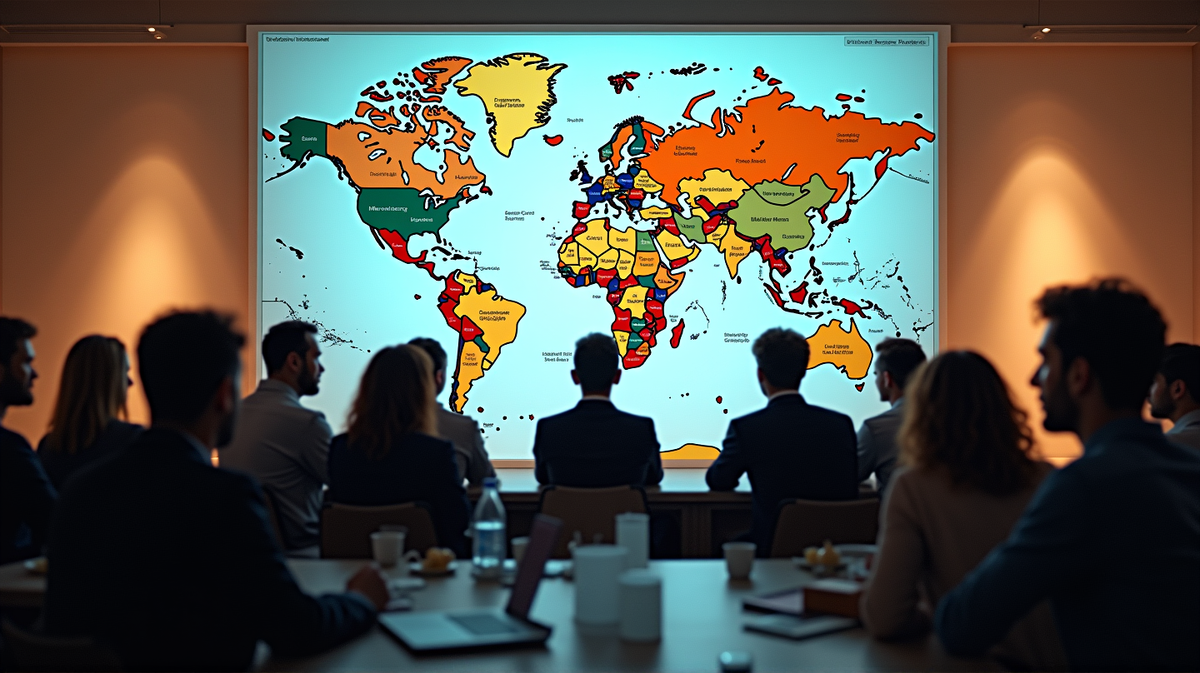Globalization: A Shift from Cooperation to Competition?
Renowned economists gather in Auckland to debate the future challenges and opportunities of globalization.

Setting the Stage: Auckland’s Economic Spotlight
As questions linger about the global economic future, Auckland becomes a hub of intellectual exchange. The University of Auckland has drawn attention by hosting the International Economics Workshop, an event that promises profound insights into evolving globalization, cooperation, and future trajectories. On the 4th of December, world leaders in economics will converge for discussions pivotal to understanding the dynamics reshaping our interconnected globe.
Premiers and Participants: Who’s Who at the Workshop
Key voices include Harvard’s Professor Pol Antràs and Professor Stephen Redding, known for their analyses of trade fragmentation and uncertainty. They will be accompanied by renowned figures such as former Reserve Bank Governor Dr. Alan Bollard and Andy Haldane from PwC, each poised to untangle the complex nature of cross-border economics. Their insights, particularly as they relate to New Zealand’s economic landscape, are anticipated to be both stirring and unsettling.
Exploring the Core Themes: Macro-financial and Geoeconomic Dimensions
Panel discussions will revolve around the geoeconomic shifts in this “new world order.” From industrial policy to the ripple effects of finance, these themes intersect with pressing global issues such as climate change and critical minerals. University faculties, including Associate Professor Asha Sundaram, prepare to dissect the intersection of globalization with emerging market influence,” she said.
Tracing the Threads: Globalization Under Strain
Globalization has met challenges from geopolitical rivalries to populist swings. Concepts such as reshoring and ‘friendshoring’ have entered the lexicon as protectionism resurges. According to Professor Antràs’s research, globalization’s future hinges on complex interdependencies within multinational corporations, creating both risk and opportunity for smaller, trade-reliant nations like New Zealand.
Engaging in Dialogue: Workshop’s Expected Impact
The workshop offers vital dialogue on navigating these tensions. Participants, led by co-organiser Chanelle Duley, will examine trade policy’s evolving landscape. “Firms are at the focal point of today’s economic narratives,” Duley asserts, emphasizing the importance of cross-border discussions in strategic planning against geopolitical volatility.
The Broader Picture: What It All Means for Global Cooperation
In an event hosted by Juncture: Dialogues on Inclusive Capitalism, notable voices, including Professor Laura Alfaro, will discuss the challenges and opportunities posed by geoeconomic fragmentation. Topics of inclusive growth, financial stability, and economic spillovers will be analyzed, providing a broad context for potential strategic responses.
As the realm of global economics undergoes unprecedented changes, the insights from this workshop could light the path forward. According to Mirage News, such discourse is essential for understanding and adapting to a world where globalization’s future remains uncertain but ripe with potential.